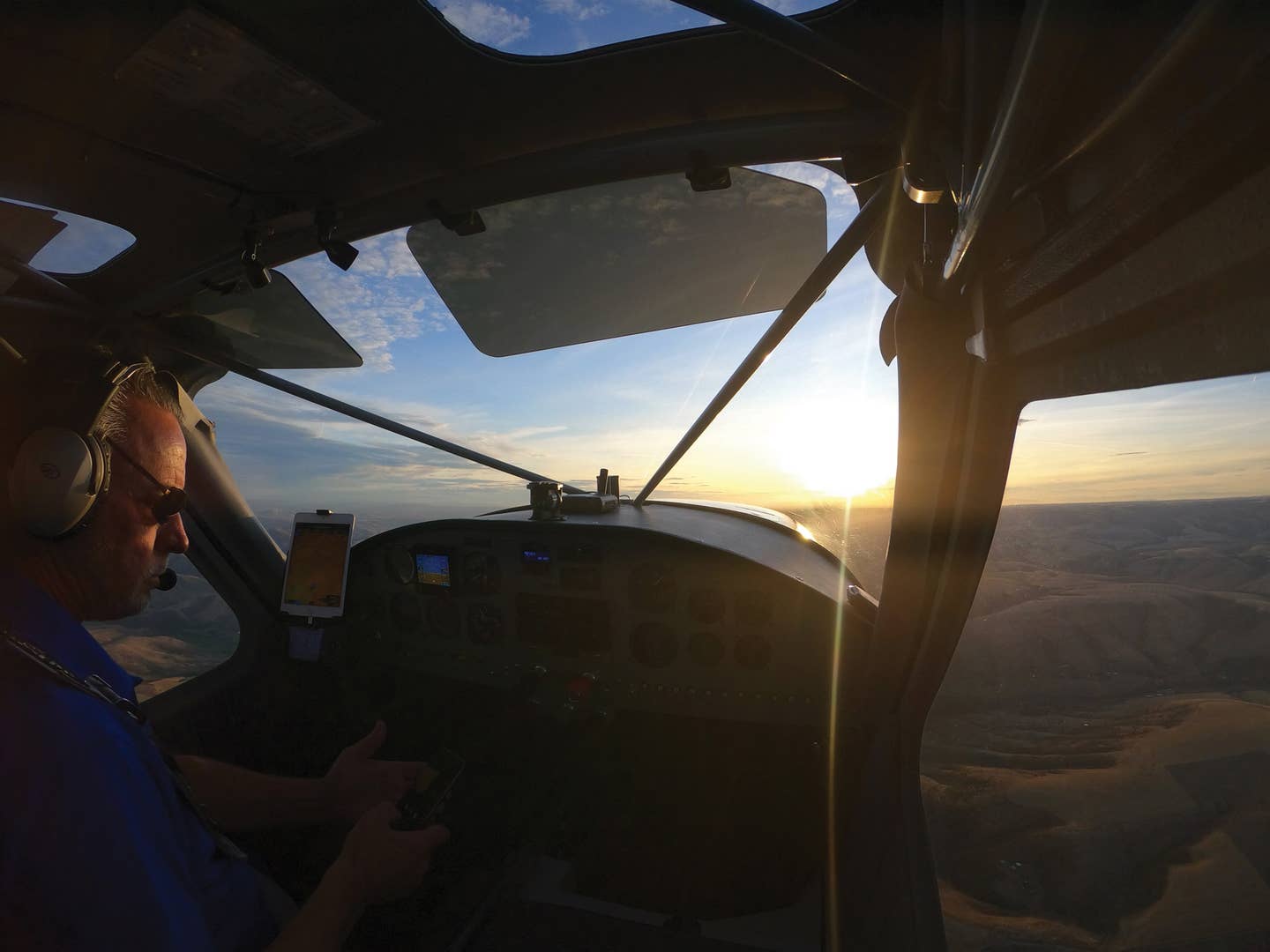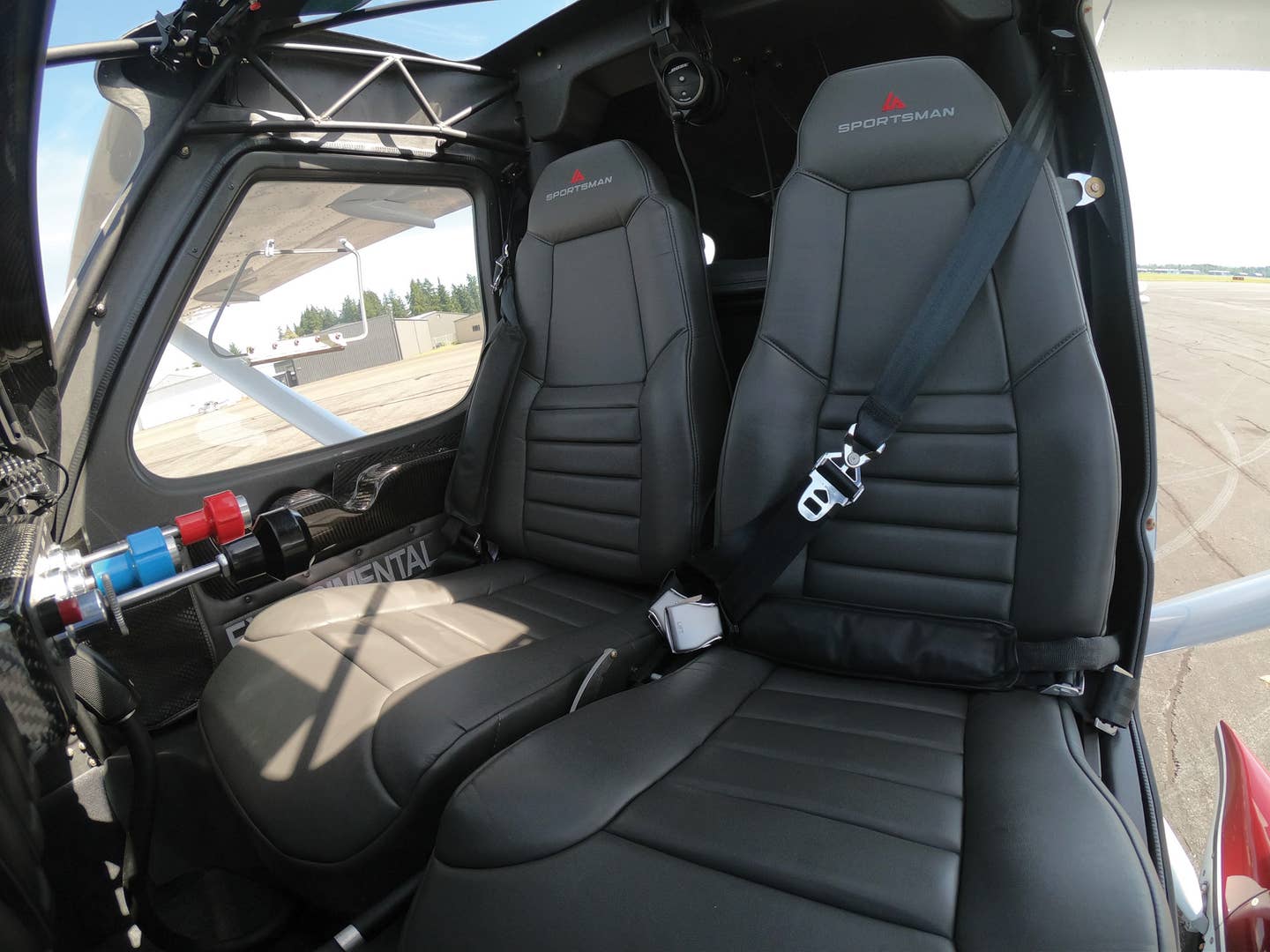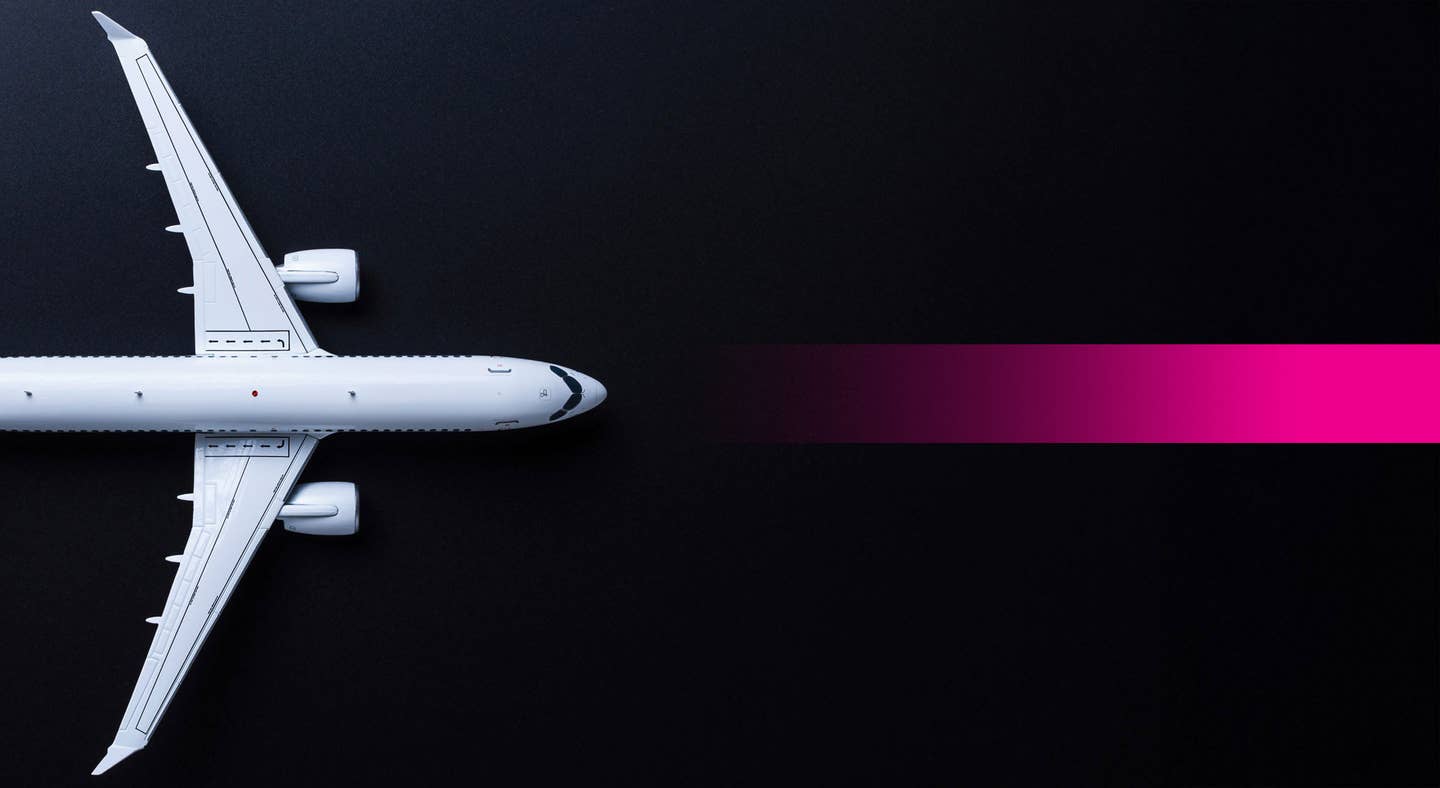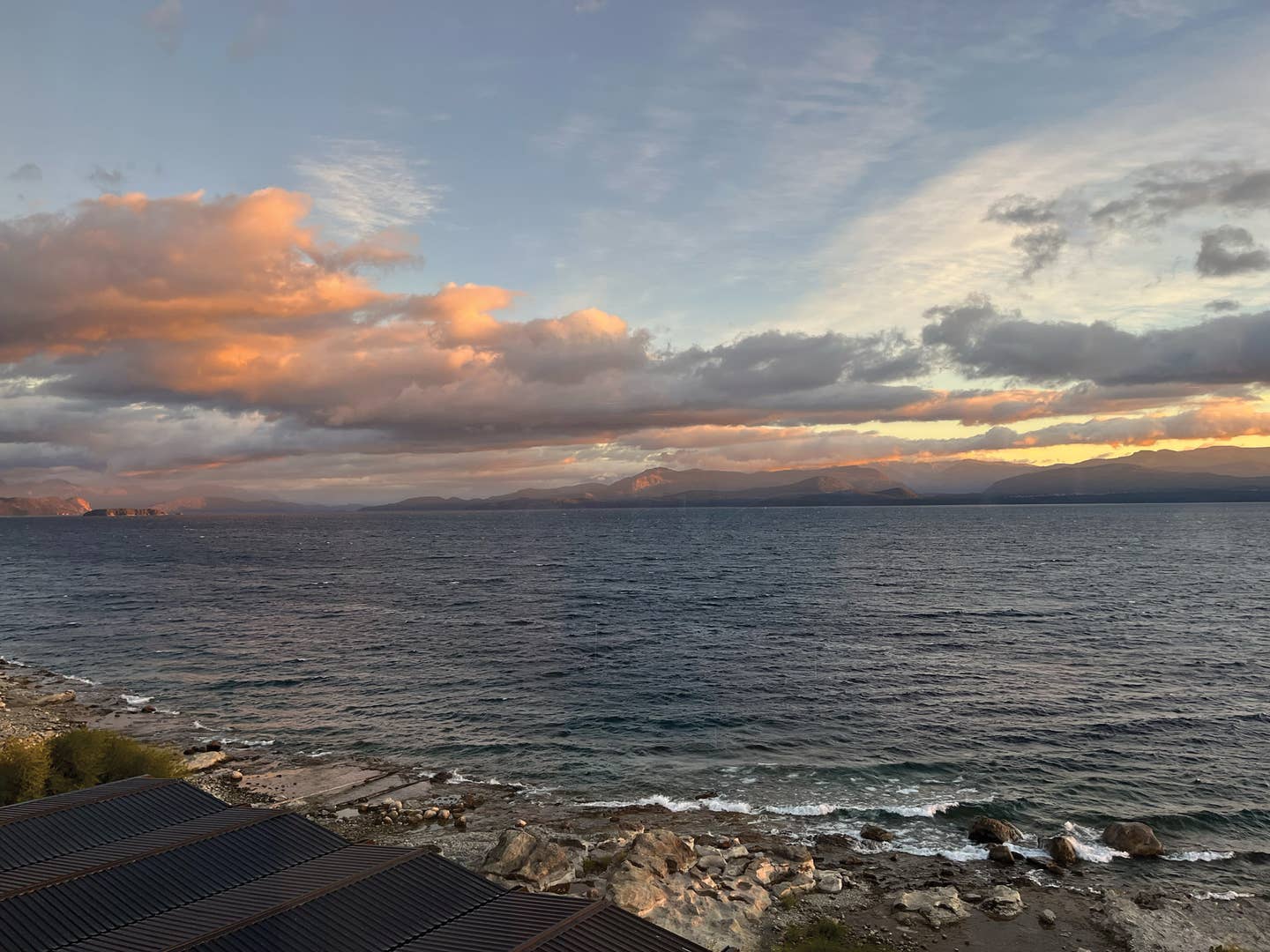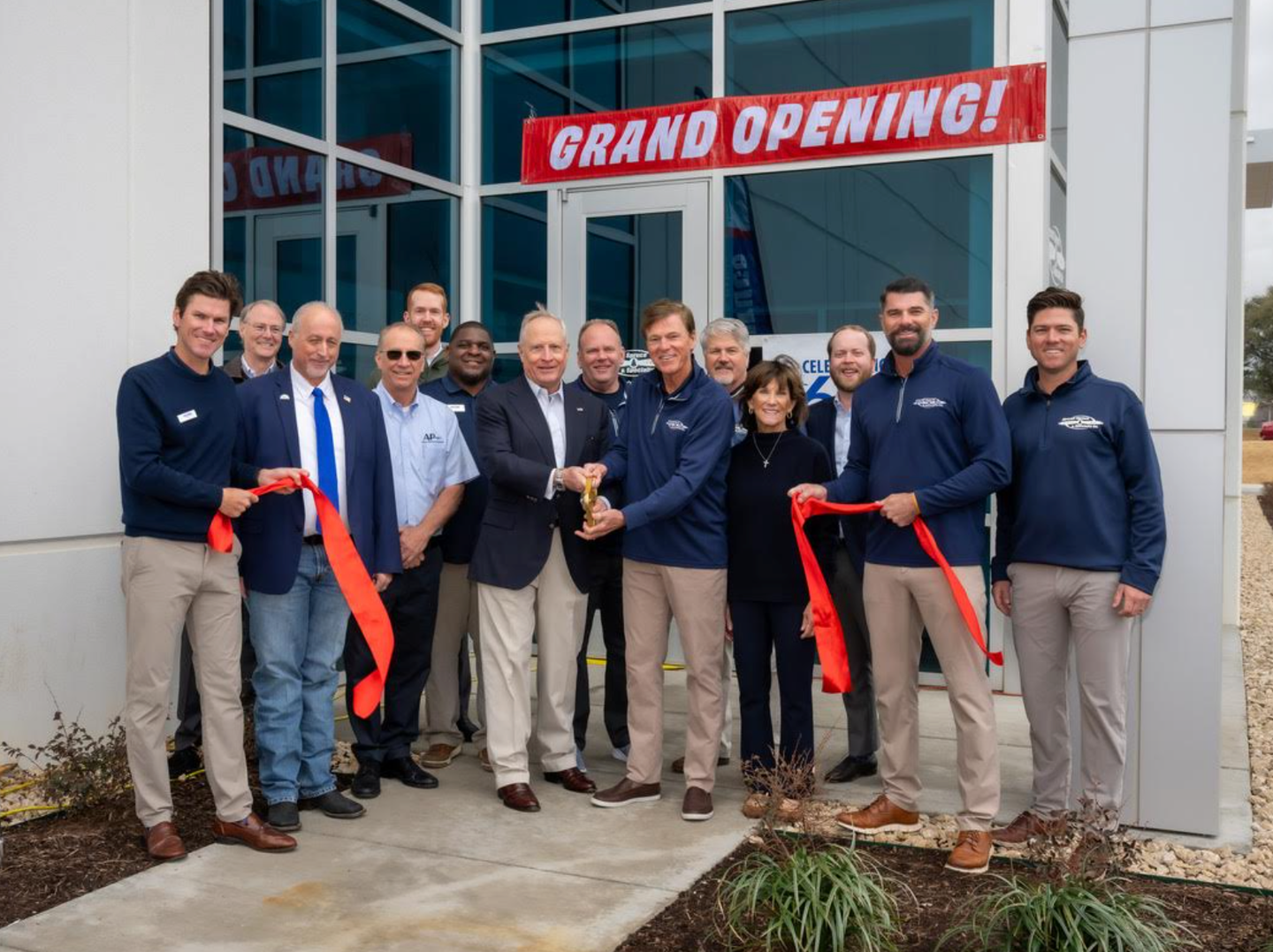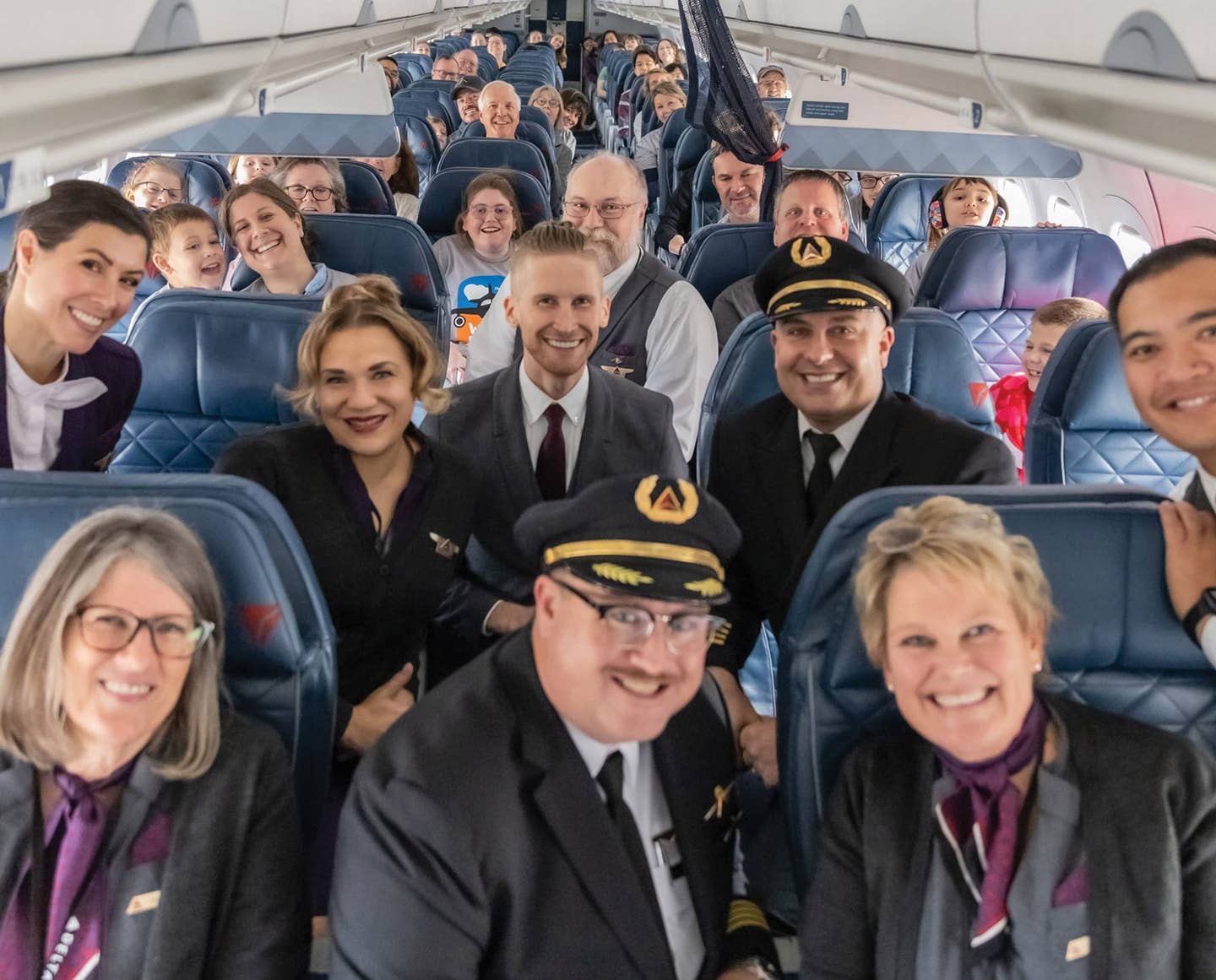Backcountry Pilots At Odds Over Coronavirus
The question of whether to fly or not in the age of COVID-19 has sparked a lively debate among some of the world’s great social isolators.
The city-owned airport at McCall, Idaho, with fewer than a hundred based aircraft, seems like an unlikely focal point of national debate among pilots of the right to fly during these times of COVID-19 and, somewhat surprisingly, a good deal of the weight of the argument is coming down on the side of pilots parking their planes and staying home until the coronavirus threat has subsided.
It's not a stretch to say that on balance, native Idahoans are among the most libertarian-minded in the country, and the residents who are practitioners of backcountry flying take that spirit of independence to a whole new level. For them, the idea of a crowd is a trio of airplanes congregated on a gravel bar a hundred miles from the nearest settlement of more than 1,000 residents.
While COVID-deniers are still making noise, those voices are growing fewer and fainter as the reality of the pandemic's impact on communities across the nation comes to light. In contrast, the weight of opinion, and not just in Idaho, seems to have shifted in favor of a strong response to the virus. Even conservative politicians popular among residents, including President Trump---who has ramped up the federal response to the virus---and Idaho governor Brad Little---a native Idahoan, rancher, and small government advocate who won the governor's seat last year by nearly 20 points over his Democratic challenger and who instituted a state-wide stay-at-home order last week---are expanding restrictions on travel and gatherings, among others.
If these kinds of pro-government-intervention sentiments from residents of a state better known these days for its independent streak than its chief agricultural export surprises you, then you probably haven't read about the impact COVID-19 has had in a few places in the inner Northwest, including Idaho.
In a story published earlier this week, Washington Post reporter Griff Witte detailed the rise of coronavirus infections in resort towns in Idaho---some Utah and Colorado resort areas have been similarly affected. Ketchum, Idaho, where Sun Valley is located, shut down its ski lifts with plenty of good powder left, and the mayor wrote an open letter telling tourists not to come to his town, one which has an economy that depends heavily on tourist dollars. The county has one of the most stringent social distancing orders in the country, with all non-essential travel prohibited, along with, according to an official posting on its tourist board, the gathering of "any number of individuals," which by our reading means two or more.
While skiing seems an unlikely transmission vector, such has proven not to be the case with travelers coming to Sun Valley, which has around 200 cases of COVID-19 despite being home to just over 20,000 residents. Indeed, coronavirus hot spots in the largely rural interior Northwest are almost exclusively resort areas, and most of them have, like Ketchum, instituted strict stay-at-home orders that restrict travel to essential purposes.
But perhaps nowhere have those restrictions been tougher than in McCall, Idaho, where residents report traffic stops on the highway leading into town, mostly but not exclusively of cars and trucks with out-of-state plates.
The city-owned airport recently took an exceptional step and closed its facilities to transient traffic by official NOTAM, though that notice disappeared recently. Backcountry pilots commenting on numerous Facebook aviation groups have commented on a couple of inbound flights that were met at the airport by local police. Though we were not able to confirm these reports, many posters believe them to be accurate.
But the most surprising response might be among pilots, some of whom are supporting the response by McCall and other resort area towns. One poster referred to "the communist community of McCall," but others said that the restrictions were warranted because of the risk of the town's medical resources being overtaxed. According to the same story in the Washington Post, this has already happened in Ketchum, with several of their doctors sick with COVID-19 and the rate of infection there being akin to that in New York City despite a density "3,000 times less." Another poster claimed that other outdoor/wilderness outfitters were shutting down their activities, writing, "we've entirely stopped river floating, backcountry skiing, mountain climbing, hiking, etc., because it's what's best for public safety at this point," adding, "Any activity that could put you in contact with other people, or could put you at elevated risk for requiring EMS response, should be entirely avoided."
Even the Recreational Aviation Foundation, which champions backcountry aviation access, is taking a measured response. In an open letter to RAF membership, the organization's president, John McKenna, wrote, "Finally, we will try to keep you updated as to events, airstrip status, and things that we need," adding that while RAF leaders were "getting itchy to get out there and do some flying" they were waiting until they got "the CAVU signal." McKenna concluded, "Once we are free of constraints, you can count on us to be back at work, together carrying on the mission to preserve, maintain, and create airstrips for recreational access."
Some posters have reported finding fuel and friendly receptions at airports, though with workers practicing social distancing. Others have reported that ATC services at towered airports is limited, with requests for pattern work, a poster commented, being denied due to short staffing in the tower.
Pilots are making the call themselves about whether to fly or not, and those who are flying report that air traffic is very light, even by Northwest standards. Others point out that the diciest part of the trip actually might be the drive to the airport in order to conduct what many pilots believe is the inalienable right to go flying, but which many state and local restrictions regard as non-essential travel.
This is not to mention Idaho's strict social distancing order, which prohibits gatherings of any size, regardless of how far that friendly gravel bar is from the city or how sweet a landing you just made on it.

Subscribe to Our Newsletter
Get the latest Plane & Pilot Magazine stories delivered directly to your inbox

